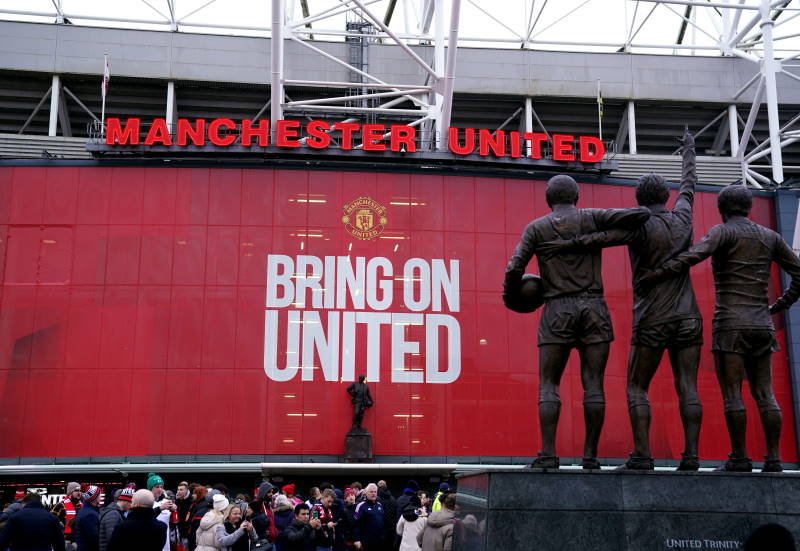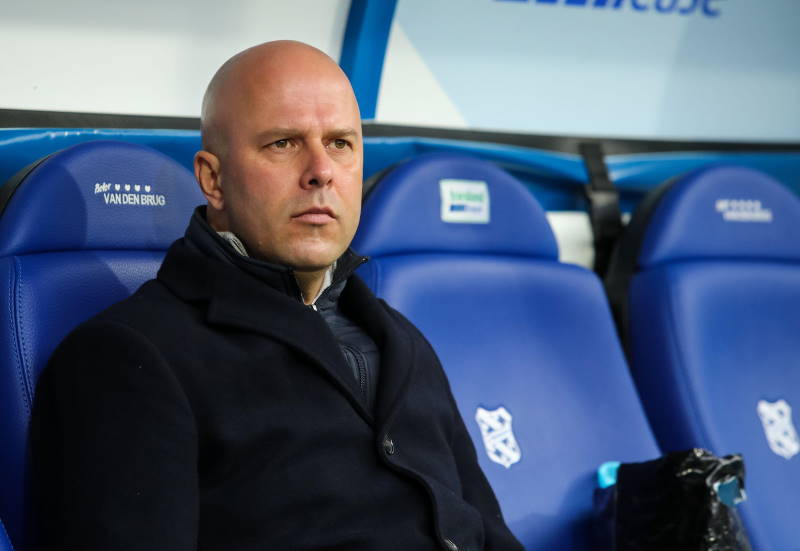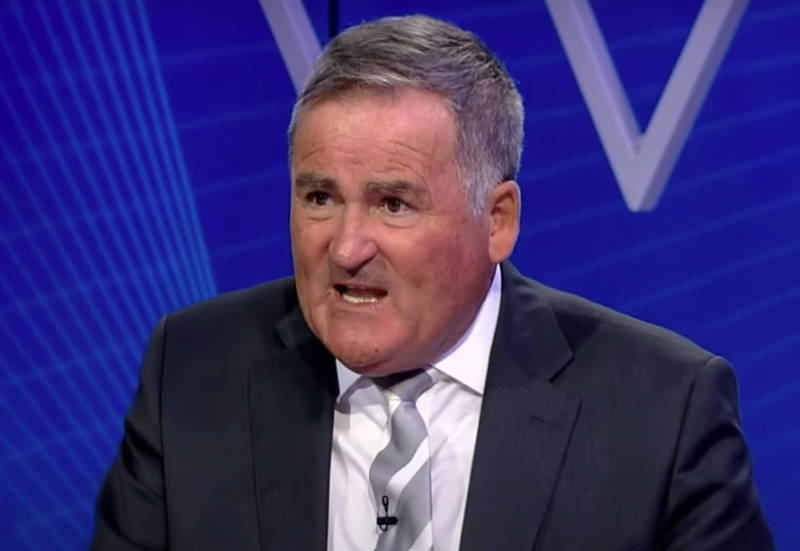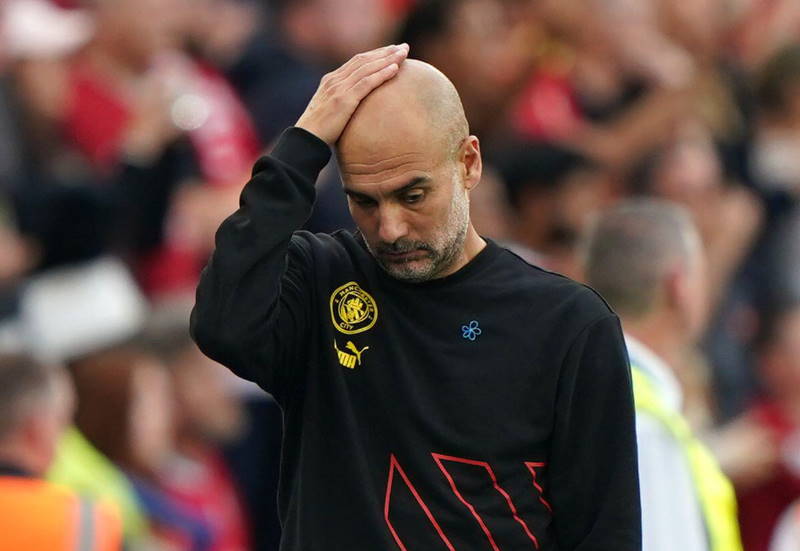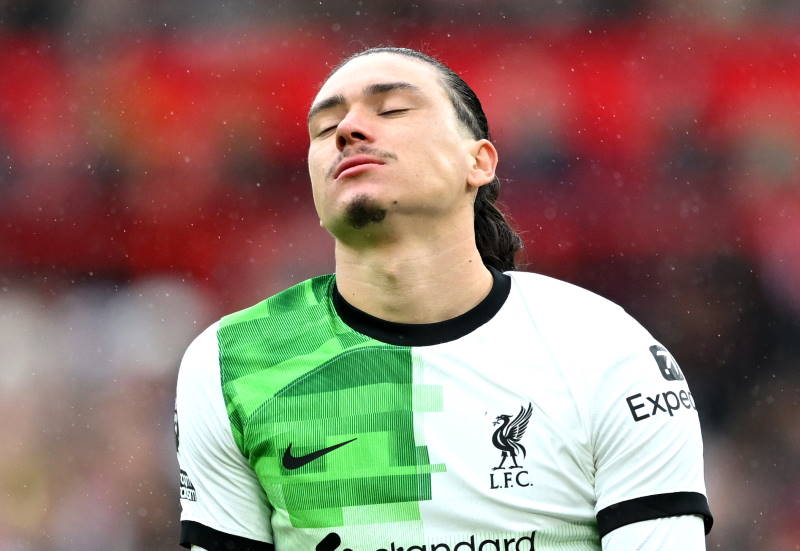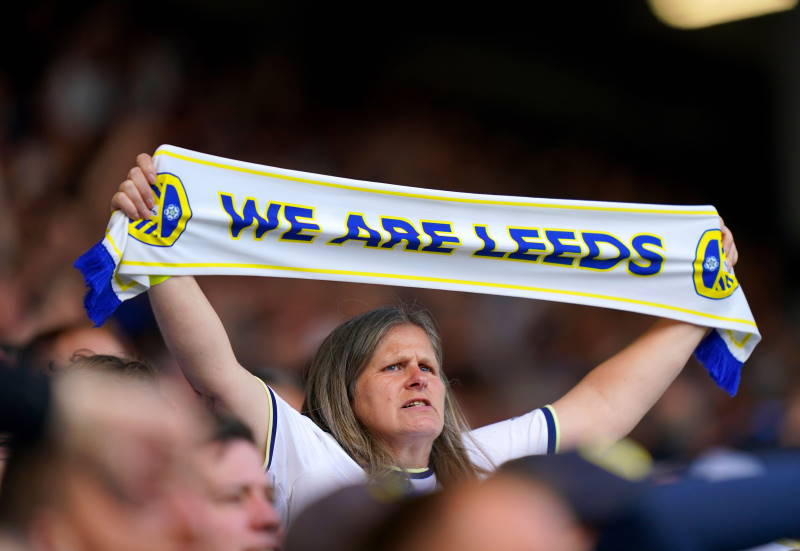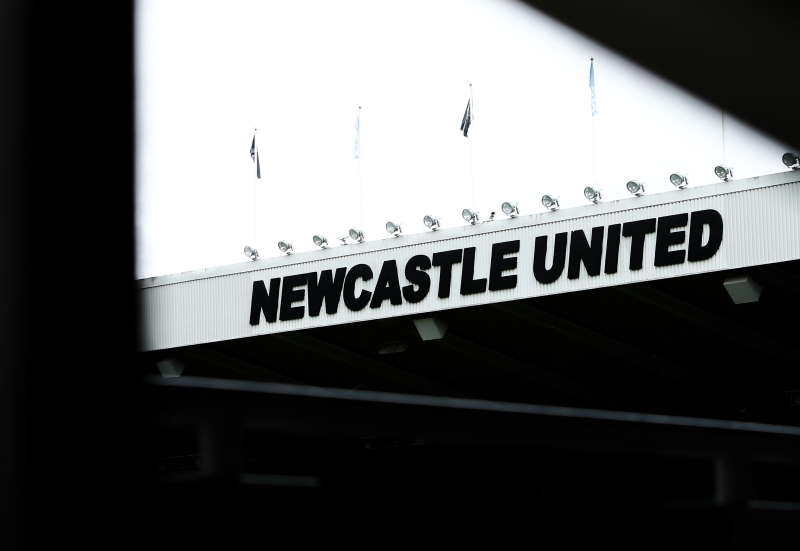 [kalooga-img]
[kalooga-img]
Despite a Champions League final contested by Chelsea and Bayern Munich and a Euro 2012 tournament that featured brilliance from Italians, Germans and plenty of others, FIFPro only had eyes for La Liga when it came to picking its FIFA World Team of the Year. A heavy Real Madrid and Barcelona contingent was expected, but 10 out of the 11 names is a harsh statement for the rest of the global game, with Atletico Madrid frontman Radamel Falcao completing the clean sweep for Spanish football. The team included six members of Spain’s European Championship-winning squad yet no participants from the Champions League final or African Cup of Nations final.

Two things spring to mind. First, the questionable omissions from the team, of which so much admittedly comes down to personal opinions. Here are a few that seemed particularly harsh. When Ashley Cole reminded everyone why he has long been considered the best left-back in the world during the Blues’ gutsy run to European glory (beating Barcelona along the way), he earned a spot. When Andrea Pirlo submitted one of the great bounceback seasons, guiding Juventus to an unbeaten Serie A campaign and Italy to the Euro 2012 final, he deserved a place in midfield. And what about Robin van Persie’s outstanding year? A leader for both Arsenal and Manchester United, he made the leap from talented player to match-winning leader. You might also quibble about the inclusion of Dani Alves at right-back.
Then, you have the reasons for the shared dominance of Real Madrid and Barcelona who have left the rest of La Liga in their wake. In part, it is because they arguably have the best four players in the world and, without question, the sport’s two most recognisable faces. But a chunk of their dominance has come via their TV rights winfall that brings riches to the big boys and comparatively small change to the rest of the league. By negotiating individual TV rights deals, Real Madrid and Barcelona have opened up a chasm between themselves and the rest of the league. It has created an uneven playing field and, while the general quality of play in La Liga remains very high, there is always a limit to how far ambitious smaller clubs can go. And, surprise, surprise, the two giants are always on hand to snap up promising players who want to move to an elite club and prefer to stay in Spain (see Barcelona’s deals for David Villa and Jordi Alba).
That said, there is no disputing how impressive Real Madrid and Barcelona have been over the past 12 months, with the Catalans’ era of dominance stretching back to the Ronaldinho days. Lionel Messi, Ballon d’Or winner, deserved to be the first name on the team-sheet, closely followed by Cristiano Ronaldo and Andres Iniesta. La Liga’s big boys are lavished with praise for a reason – the attacking football is a joy to behold and a cut above the rest of the world at present. But their joint prominence has cast a cloak of invisibility over other deserving candidates.
While players and clubs in other leagues across Europe are unlikely to lose too much sleep over the FIFA team selection, it could be taken as a slap in the face for the rest of the world and it has drawn criticism in some quarters, perhaps deservedly so. After all, this is a global game yet no player outside La Liga, the Premier League, Serie A or the Bundesliga has made the cut in the eight years of FIFA teams. This year, FIFA’s team has zoned in on one league in one country on one continent. Messi, Ronaldo and company deserve the spotlight but at what cost? Does Spain’s Euro 2012 run really dwarf Zambia’s remarkable run to a first African Cup of Nations triumph? What about Borussia Dortmund defying the odds again at a time when German football is a riveting watch?
And so, while it is hard to poke holes in too many of the names chosen, the FIFA World Team of the Year seems to send the wrong message to the larger football community. Maybe 2013 will present a chance for a more global cast to join the party.
Betting on football? Check out Inside Bet before you bet!
[kalooga-article]


